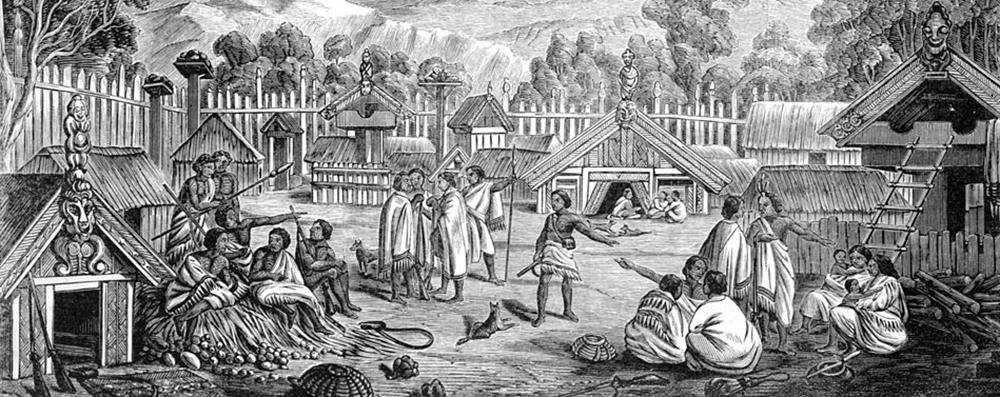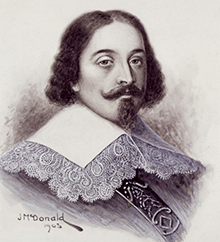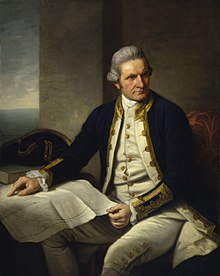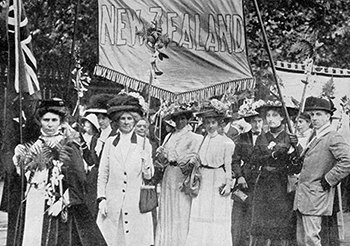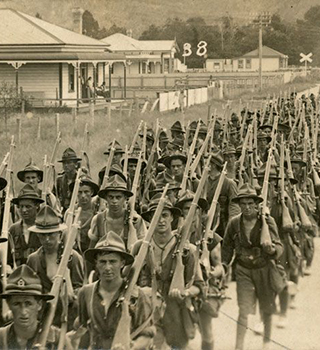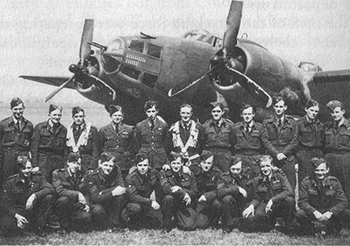Māori settlement
First to arrive were ancestors of Māori. The first settlers probably arrived from Polynesia between 1200 and 1300 AD. They discovered New Zealand as they explored the Pacific, navigating by ocean currents and the winds and stars.
In some traditions, the navigator credited with discovering New Zealand is Kupe.
